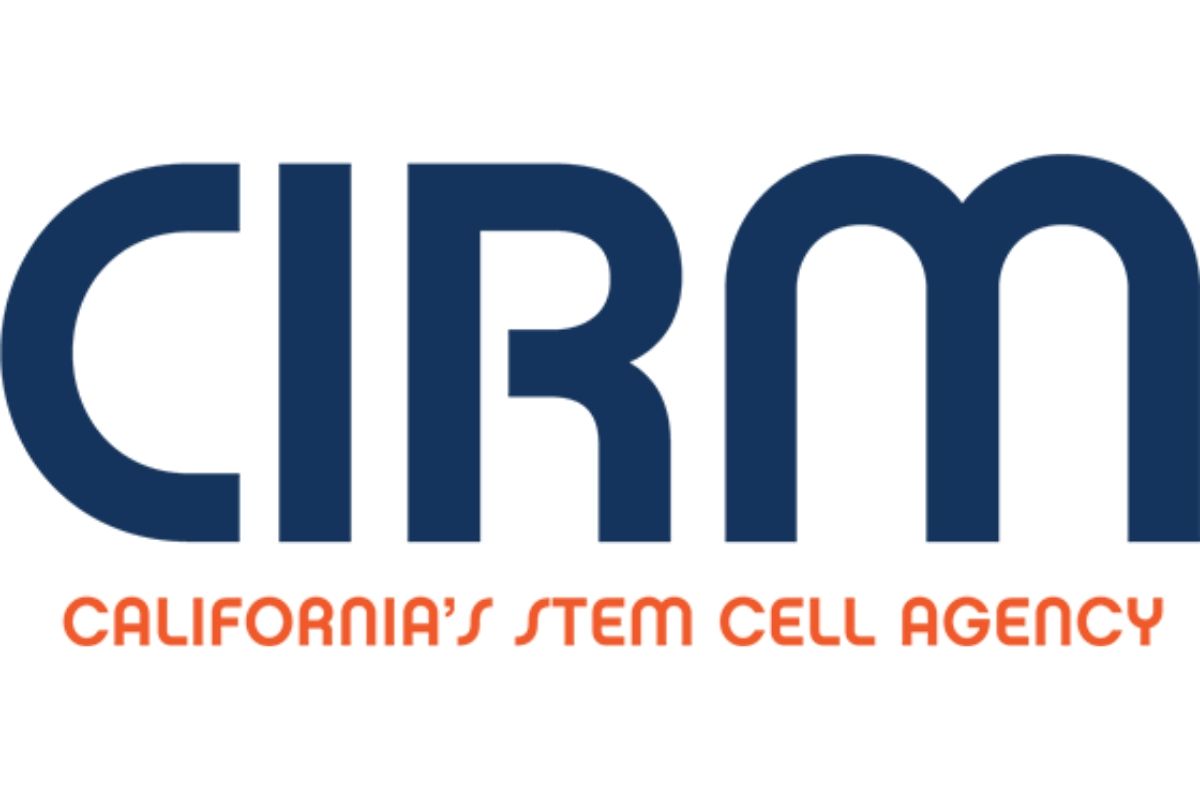JDRF Plays a Leadership Role, Again, to Marshal Resources for T1D Research

It’s 2004. The California Institute for Regenerative Medicine (CIRM), which will fund $3 billion in stem cell research to advances new therapies, is on the ballot, if it gets approved. Fortunately, the patients, families and scientists were the voices that day, with nearly 60% voting to approve it. In the time since 2004, it has run more than 59 clinical trials and authored more than 2,900 publications, which could lead to new and better therapies for a range of diseases, and type 1 diabetes (T1D) is one of them.
Overall, the 2004 initiative provided funding for $134 million in diabetes research, and it got great news today: The signatures of California’s residents, once verified, qualify for it to be on the November 2020 ballot, which will offer $5.5 billion in state funding for researching dedicated to the continued advancement of treatments and cures that could save or improve the lives of millions living with chronic diseases, which includes T1D. JDRF applauds this and, hopefully, it will be approved again in November 2020.
JDRF had a major hand in the creation of CIRM, and has funded many investigators and companies that CIRM supports, including:
- ViaCyte, a beta cell replacement company that JDRF has funded since 2004 (when ViaCyte was called CyThera), including the first ever clinical trial to test a stem cell-derived beta cell replacement therapy for T1D, in 2014
- Caladrius Biosciences, which is running a phase II clinical trial to take “good” immune cells out of the body, expand them and return them to the person with T1D. JDRF is funding the immunological tests to identify markers of therapy that could be biomarkers
- Shuvo Roy, Ph.D., at the University of California San Francisco, who is developing an encapsulation technology for the function of stem cell-derived insulin-producing beta cells
To learn more about JDRF’s work to advance beta cell replacement, click here.